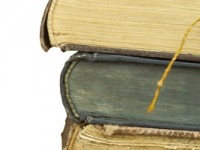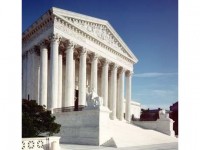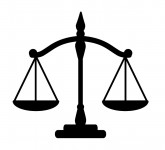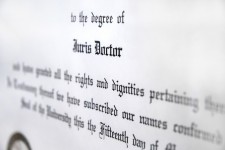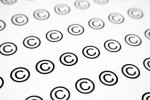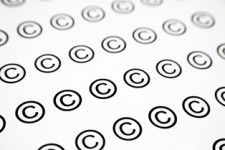Breaking News: The Diary of Anne Frank was Also Written by Her Father (or so they say)! Most of us are familiar with the Diary of Anne Frank in which a 13 year old girl writes in her own words about Nazi occupation and coming of age under the unimaginable circumstances of hiding under Nazi occupation. […]

Blog – Adam Garson Law
The patent statute provides that a patent owner can collect money damages from an infringer. Section 284 of the statute provides that “…the court may increase the damages up to three times the amount found or assessed.” In other words, the trial judge may award the patent owner money damages and may increase those damages […]
What’s So “Efficient” About Patent Infringement?
In a recent editorial in the New York Times, Joe Nocera discussed “patent trolls” and the concept of efficient infringement of patent rights. Briefly, this idea is that large companies just ignore patents completely, taking a “so sue me” attitude, knowing that they have legions of lawyers who can wear down patent owners, and that […]
Dear Doc: I know that you have a “juris doctor” degree (hence, the “Dr.” in your title) that you got by spending three long, hard years in law school. For those of us who don’t have the time, money, or frankly, any interest in going to law school, can you tell us what you learned […]
Ask Dr. Copyright …
Dear Doc: I heard that there is almost never a final step in the onward march of copyright law. What, exactly, does that mean? Signed, Dazed and Confuzed Dear D&C: It means that, as the late, great Yogi Berra (may he forever whisper in the Almighty’s ear) said, “It ain’t over ’till it’s over!” For […]
Let’s Go Crazy and Support “Fair Use”
In 2007, Stephanie Lenz posted a cute 29-second YouTube video of her 13-month-old son dancing and giggling to the music of Prince’s “Let’s Go Crazy”. Four seconds into the video Lenz asks her baby “what do you think of the music?” And the baby bobbles up and down holding his push toy. You have to […]
When will a Federal court order a patent infringer to stop infringing?
Apple and Samsung have been fighting for years over copying by Samsung of patented features of Apple’s iPhone and iPad. The features at issue in a recent Apple v Samsung case before the Federal Circuit Court were swipe-to-unlock, telephone number recognition, and spelling correction. A jury found that Samsung actively copied these features and infringed the patents […]
Dear Doc: I know a copyright is only national in scope, but that the Berne Convention requires signatory countries to accord rights to copyright holders from other nations. I recently heard the theme song for the Beijing 2020 Winter Olympic Games. It reminds me of another song I have heard thousands of times, but I […]
Free “Happy Birthday” May Become a Reality
Ask Dr. Copyright … Dear Doc: Some time ago, I wrote to you about the song “Happy Birthday” and the law suit over whether restaurants and film makers must still pay royalties if they sing it in public. Has anything new happened? Signed, Happy Birthdad Dear Hap (can I still call you that?)… Funny you should […]
Taylor Swift’s Turn to Capitulate (Sort of…)
In our last newsletter we wrote about Taylor Swift’s open letter to Apple, Inc. and the ensuing kerfuffle over Taylor Swift’s hypocrisy for the way she treated photographers covering her concerts. Just to recap, Swift’s letter to Apple scolded the company for not compensating artists during its customers’ 3-month free Apple Music trial. Apple, you […]

